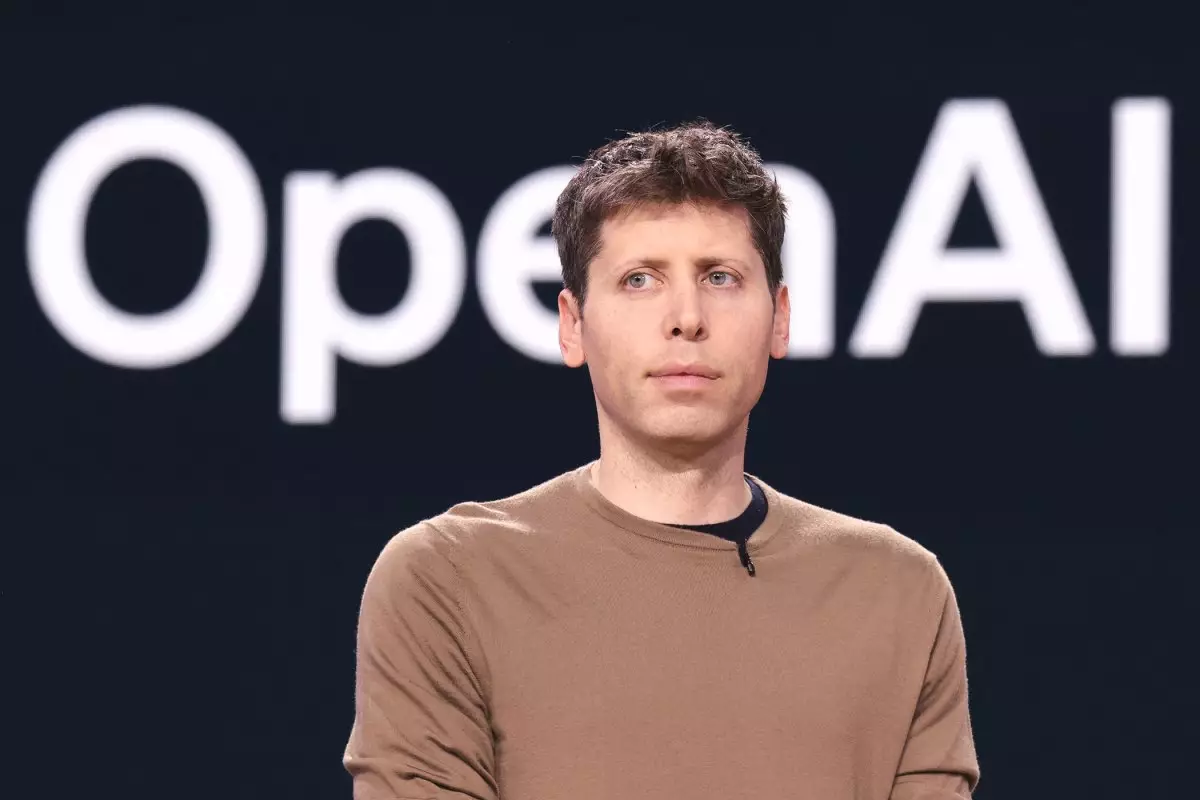In a bold move to enhance the integrity and safety of its artificial intelligence platforms, OpenAI has announced the introduction of a verification process dubbed “Verified Organization.” This initiative signifies a crucial step toward ensuring that advanced AI models are developed and utilized in a responsible manner. By requiring organizations to undergo ID verification, OpenAI aims to create a stricter boundary around its technology, ensuring it remains in the hands of legitimate developers who will adhere to usage policies.
Why Verification Matters
The significance of such verification is not merely procedural; it addresses a pressing concern within the AI ecosystem: misuse of advanced technology. The recent escalation in AI capabilities has been paralleled by incidents of developers exploiting these tools inappropriately. OpenAI’s insistence on verification is a proactive measure aimed at revising its relationship with users and fostering a culture of accountability among developers. The acknowledgment that “a small minority of developers intentionally use the OpenAI APIs in violation of our usage policies” underscores the need for rigorous safeguards.
Security and Safety at the Forefront
The Verified Organization process is not just about enforcing rules—it is rooted in a commitment to security. As AI becomes more potent, the risks associated with its misuse are magnified. There’s an evident urgency to curb activities that may lead to malicious outcomes, including potential threats from state-sponsored groups or individual cybercriminals. Reports indicating attempts by actors from regions such as North Korea to exploit OpenAI’s technology only reinforce this urgency. By tightening security through verification, OpenAI is poised to combat these threats more effectively.
Eligibility and Accessibility Concerns
While the intention behind introducing the verification process is commendable, it does raise questions about accessibility. Organizations seeking to use OpenAI’s technologies will need to navigate the verification landscape, which may exclude smaller or less established entities. Given that verification is limited to once every 90 days for each ID, this process could inadvertently slow innovation for certain developers who may not withstand the bureaucratic hurdles. OpenAI must balance the need for security with the desire to keep the door open for diverse contributors to the AI development community.
Moving Forward: The Potential Impact
As OpenAI prepares for the release of its upcoming models, the Verified Organization status could redefine the landscape of AI development. If executed well, this initiative might instill a renewed sense of trust among users and stakeholders. It has the potential to create a more responsible AI ecosystem, encouraging developers to produce innovative solutions while upholding ethical standards.
In a world where AI is rapidly evolving, OpenAI’s focus on verification could serve as a model for other entities in the tech sector. The firm’s approach to balancing security with accessibility might inform policies across the industry, shaping how we engage with transformative technologies moving forward.

